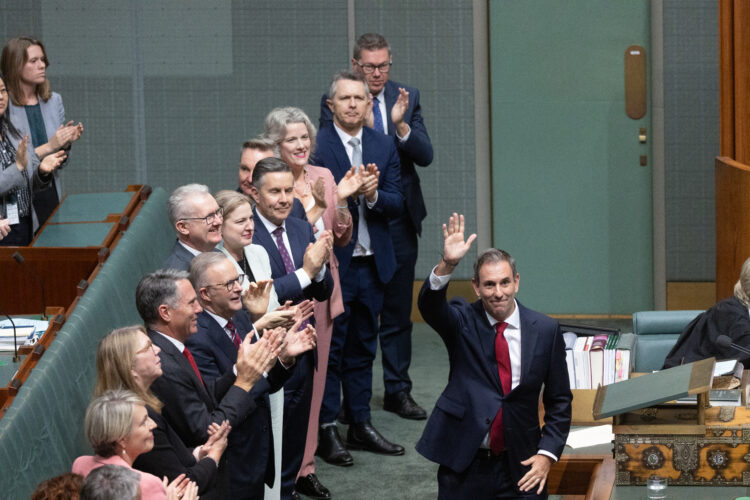NSW is finally giving renters the smallest approximation of rights, AAP reports:
Millions of renters will soon be spared the frustration of a no-grounds eviction under long-awaited changes developed with property investors in mind.
Exactly two years after Labor swept to power in NSW, partly on a pledge to bolster renters’ rights, Premier Chris Minns announced major rental changes would kick in on May 19.
The most significant shift will force landlords to provide reasons for kicking tenants out and provide longer notice.
“We’ve listened to both sides, we didn’t just rush in with the law,” Premier Chris Minns told 2GB.
He said he understood a lot of people had invested their life savings into property but stressed a need to address the flight of young people from Sydney each year.
The harbour city’s housing market is among the least affordable in the world, with flow-on effects for much of the NSW’s 2.3 million renters.
“Primarily, (young people) move to other states where housing is cheaper,” Mr Minns said.
The premier, however, suggested landlords could continue to keep pets out of their properties “if they did not want the pet”, despite changes to boost pet ownership from May 19.
Under the changes, landlords have three weeks to refuse a tenants’ pet application and must state a specific reason, such as the property being unsuitable.
“You can’t put it (no pets) on the application form,” Mr Minns said.
The changes follow the passage of rental reforms in October, including the immediate end of background check charges and multiple rent increases in a year.
Stronger privacy protections for renters and the introduction of a portable rental bond scheme will be introduced later in 2025, the government says.
No-grounds evictions for both periodic and fixed-term tenancies have been banned in the ACT and South Australia while landlords in Victoria, Queensland and Tasmania need reasons to end periodic tenancies.


Loading form…